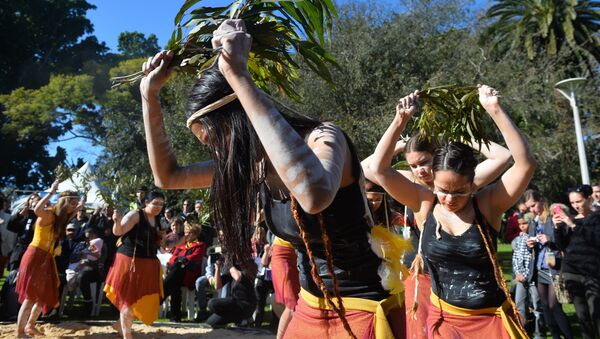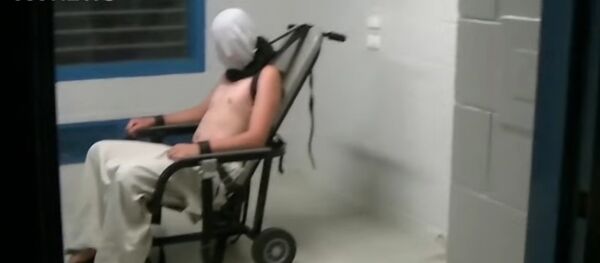"On one hand we’re being told communities and organizations can't afford a worker but then on the other hand we’ve got a massive amount of money coming in here, and it’s fairly easy to say, for no visible significant improvement," Australian Human Rights Commission's Aboriginal and Torres Strait Islander Social Justice Commissioner Mick Gooda told royal commission, as quoted by National Indigenous Television (NITV).
At the same time, Associate Secretary of Indigenous affairs at the Department of the Prime Minister and Cabinet Andrew Tongue noted that while some indicators, such as health, had improved, the progress was not fast enough. Tongue even added that some sectors of the policy, such as child protection, had failed to deliver any improvement.
Last week, the Northern Territory royal commission heard a proposal to launch a second 10-year program aimed primarily at health care services for Indigenous people. This program would replace the initial one launched in 2008, which had failed and most of the funding had been "squandered."
The Northern Territory receives the highest proportion of goods and service tax revenue in the country, which is redistributed based on need, but Tongue told the royal commission there was no formal mechanism for the federal authorities to count how the money was spent and allocated.
An independent report by the Castan Centre for Human Rights published in February showed the Northern Territory had not succeeded in "closing the gap" between Indigenous and non-Indigenous Australians, and had failed to help Australia to meet its international human rights obligations.



